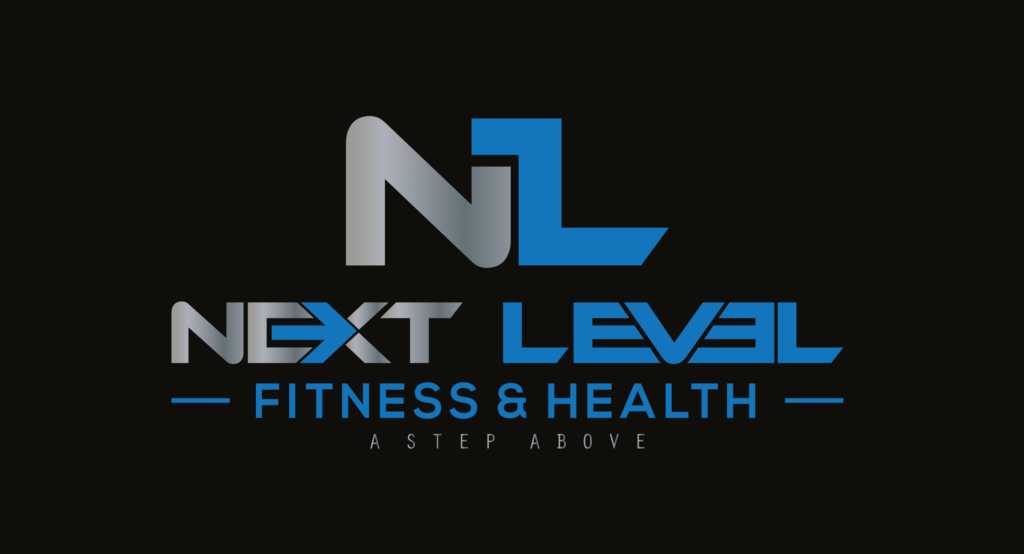One of the most common questions beginners ask when starting their fitness journey is, “How many hours should I spend in the gym?” Understanding the right duration for workouts is crucial, as it can help prevent burnout and injuries while ensuring effective progress. Knowing the appropriate workout time is essential for beginners to establish a sustainable routine. Spending too much time in the gym without proper guidance can lead to fatigue and even injuries, which can derail your fitness goals. Therefore, finding the right balance is key.
Factors Influencing Workout Duration
Fitness Level
Your current fitness level plays a significant role in determining how long you should spend in the gym. Beginners may find that shorter workouts, around 30 minutes, are more manageable. As you build strength and endurance, you can gradually increase your workout duration and intensity.
Fitness Goals
Different fitness goals require varying amounts of workout time. For instance, if your aim is weight loss, you might focus on longer cardio sessions, while those looking to build muscle may engage in shorter, more intense strength training workouts.
Type of Exercise
The type of exercise you choose also affects workout duration. Cardio exercises typically require 20-30 minutes, while strength training sessions may last 30-45 minutes. Flexibility exercises, such as stretching, can be effectively completed in about 10-15 minutes.
Recommended Workout Duration for Beginners
General Guidelines
For beginners, the average recommended workout time is between 30 to 60 minutes per session. This duration allows for a balanced approach to fitness without overwhelming the body.
Specific Recommendations
- Cardio: Aim for 20-30 minutes.
- Strength Training: Target 30-45 minutes.
- Flexibility and Stretching: Spend about 10-15 minutes.
How to Structure Your Workout
Warm-Up
Warming up is crucial to prepare your body for exercise. Spend 5-10 minutes on light cardio, such as brisk walking or cycling, to increase your heart rate and loosen your muscles.
Main Workout
During the main workout, you can split your time between different exercises. For example, consider dedicating 20 minutes to cardio and 20 minutes to strength training.
Cool Down
Cooling down is just as important as warming up. Spend another 5-10 minutes stretching to help your muscles recover and reduce soreness.
Listening to Your Body
Signs of Overtraining
It’s essential to pay attention to your body. Signs of overtraining include excessive fatigue, persistent soreness, and decreased performance. If you notice these symptoms, it may be time to adjust your workout duration or intensity.
Adjusting Workout Duration
Feel free to tweak your workout times based on how your body feels. If you’re tired, consider reducing the length of your session or opting for a lighter workout.
Consistency Over Duration
Importance of Consistency
For beginners, consistency is often more important than the duration of each workout. Regular, shorter workouts can lead to better results than sporadic, longer sessions.
Building a Habit
To make exercise a habit, start with manageable goals. Aim for 2-3 workouts per week and gradually increase frequency as you become more comfortable.
Examples of Beginner Workout Schedules
3-Day Workout Plan
- Day 1: 20 minutes cardio, 30 minutes strength training, 10 minutes stretching
- Day 2: Rest or light activity
- Day 3: 30 minutes cardio, 15 minutes flexibility exercises
5-Day Workout Plan
- Day 1: 30 minutes of cardio
- Day 2: 30 minutes of strength training
- Day 3: 20 minutes cardio, 10 minutes stretching
- Day 4: Rest or light activity
- Day 5: 30 minutes of strength training
In summary, the question of how many hours I should spend in the gym can vary based on individual factors such as fitness level, goals, and exercise type. It’s essential to tailor your workout duration to your needs and listen to your body. Starting your fitness journey with a balanced approach to workout duration will help you stay motivated and achieve your goals. Remember, consistency is key, so find a routine that works for you and stick with it!


